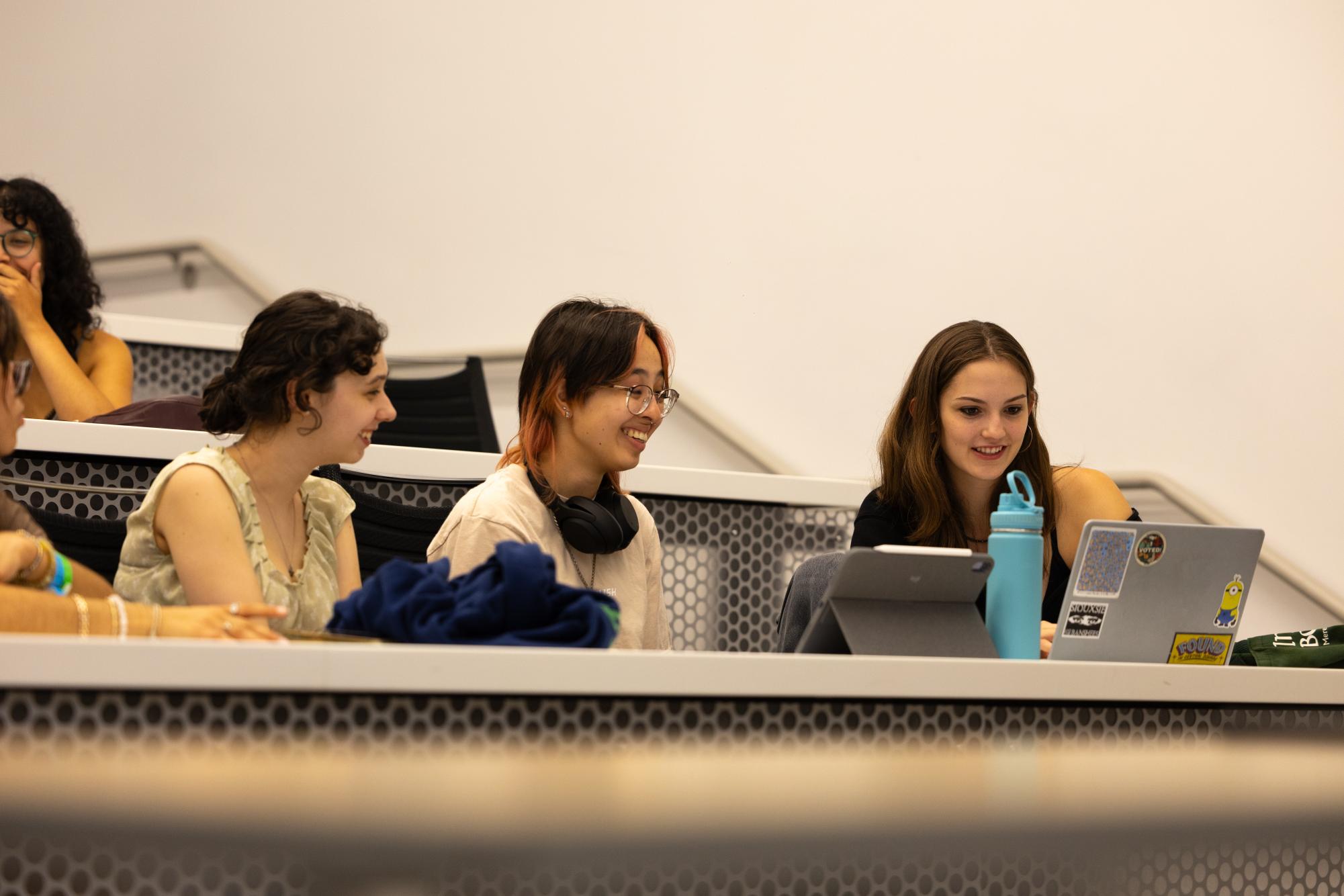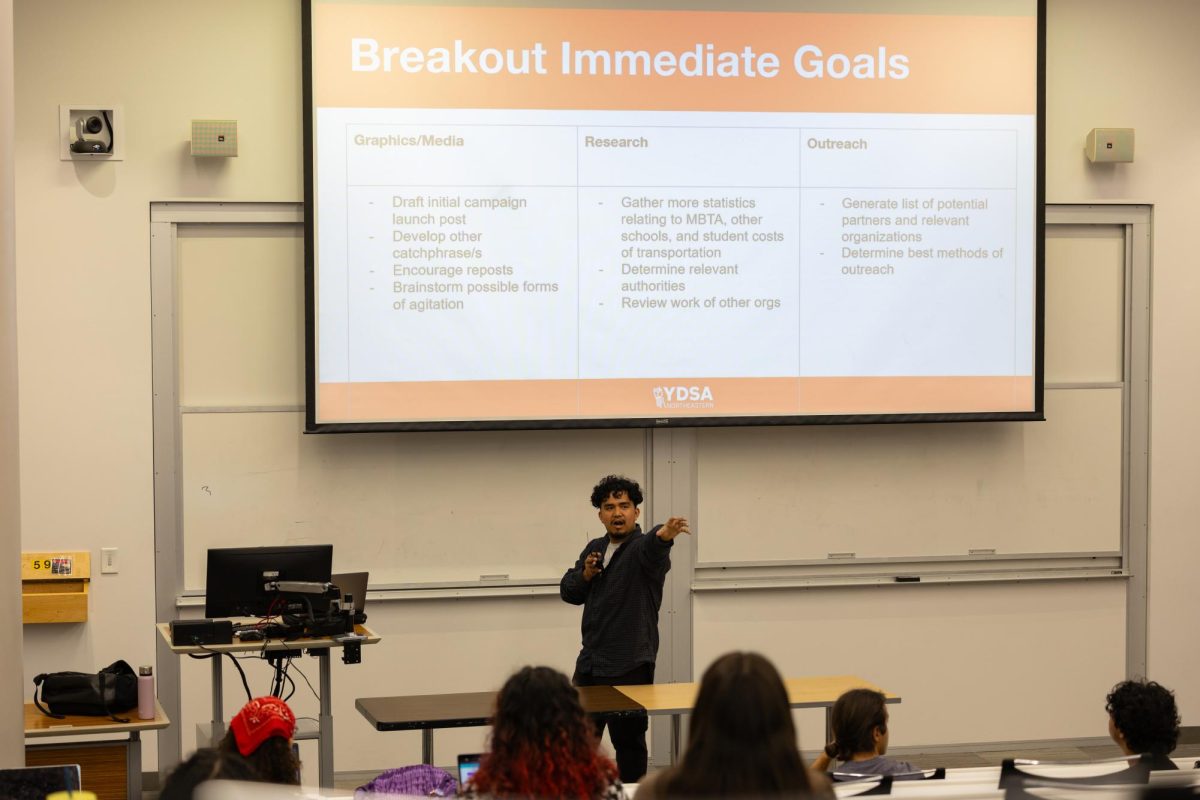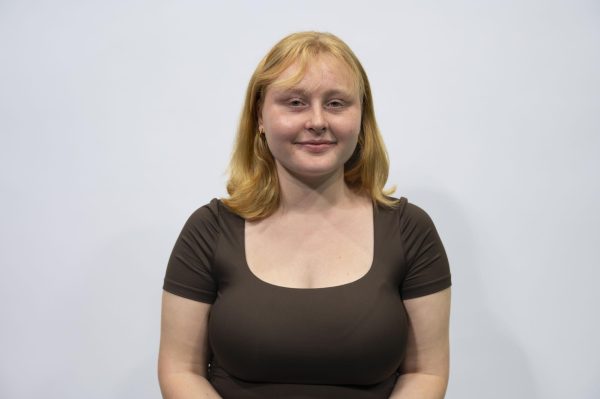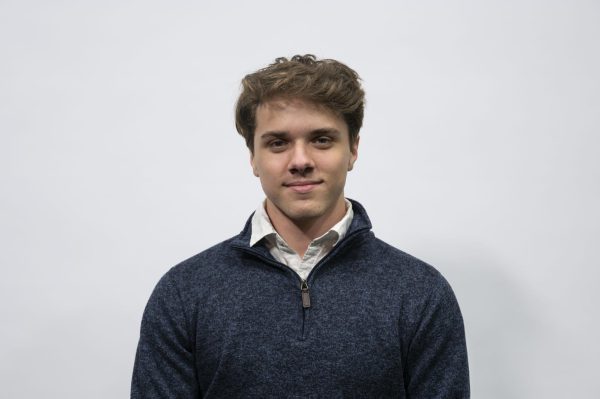On Sept. 18, the Young Democratic Socialists of America of Northeastern launched a new campaign to push Northeastern to cover all Massachusetts Bay Transportation Authority, or MBTA, fares for students, faculty and staff.
The campaign, called “Free the T,” urges the university to enroll in the MBTA University Pass Program, which provides “unlimited subway and bus travel to their undergraduate or graduate student bodies, based on [the university’s] chosen criteria, at usage-based pricing.”
Northeastern currently offers students and staff an 11% discount for semester T passes, beginning at $320 for Commuter Rail access with the discount applied.
Leaders of Northeastern’s Young Democratic Socialists of America, or YDSA, said they are hoping to pass a referendum through the Student Government Association, or SGA, to urge the university to provide free transit passes. The group is basing its demands off a similar referendum written by Sustainable Transportation at Northeastern, or STAN, which passed with 93% approval from the student body in April. YSDA’s most notable change to STAN’s referendum is the inclusion of faculty and staff in the plan for free MBTA fares.
Tobias Roberts, a third-year civil engineering major and member of both STAN and YSDA, said he hopes YSDA can “pick up what STAN, as a professional club, can’t do and bring about real positive change.”
“Hopefully we can get a student referendum passed in November, one that clarifies our demands very well to the university and hopefully gets them to pay for things,” said John Cervantes, a third-year history and political science combined major and chair of YDSA. Undergraduate students vote on SGA referendums each semester, though a proposal’s passing doesn’t necessarily mean it’ll be implemented by the university and, over the past several years, very few approved referendums have been executed by the administration.
It is not uncommon for college students in the Boston area to receive free or discounted MBTA passes. Similar to Northeastern, Boston University offers its students an 11% discount with a semester-long transit pass. Massachusetts Institute of Technology and Harvard University cover 50% of MBTA fares for students and staff. In September, Tufts University’s School of the Museum of Fine Arts announced a two-year free fare pilot program in partnership with the MBTA.
“It only makes sense that a university with a $1.8 billion endowment should be able to afford public transportation in one of the few walkable, transport-oriented cities in the country,” Cervantes said.
Cervantes said because some students rely on public transportation for their co-op commute, it’s uniquely important for Northeastern to sponsor university-wide free MBTA rides. At a previous job Cervantes held in Brookline, he said he spent a considerable amount of his salary on transportation.
“It ended up being me paying out of my own pocket, $50 a month … to do this job that only paid $15 an hour,” he said, adding that besides being minimum wage, some co-ops are unpaid, providing more reasons for the university to give bigger transit pass discounts. “That’s money that could’ve been going to my groceries.”
Alexis Spicer, a second-year international affairs major and lead organizer for YDSA, said they believe offering free MBTA fares would be an environmentally-conscious step for the university as it would encourage students to spend less on ride-share services like Uber and Lyft.
Cervantes said it may incentivize students to explore the Greater Boston area and spend more in Boston’s local economy.
STAN’s April referendum said a partnership with the MBTA could become “a crucial, reliable funding source for the transit agency as well as a feeder for future transit users.”
YDSA is also exploring how the MBTA may benefit from Northeastern investing in the transit system, especially considering how Northeastern’s Boston campus spans 73 acres and contains both Orange and Green Line stops.
“[Northeastern] takes up such a huge portion of downtown Boston,” Spicer said. “We shouldn’t let the public transportation we have deteriorate and Northeastern has a huge part to play in that.”
Boston’s over 150,000 college students make up a large majority of T riders, considering “it’s more affordable and convenient than having a car in the city,” according to the MBTA’s website.
“Everyone rides the T at some point in their Northeastern experience,” Cervantes said. Cervantes sees this campaign as increasing the accessibility of Boston while investing in local infrastructure and connecting the community. “This is something that impacts everyone,” Cervantes said. “A free T plan is really about diversity, equity and inclusion.”

The Huntington News is dedicated to serving the Northeastern University community with original, professional reporting and creating an environment in which student journalists can learn from one another. Support an independent, free press at Northeastern University with your donation today.












